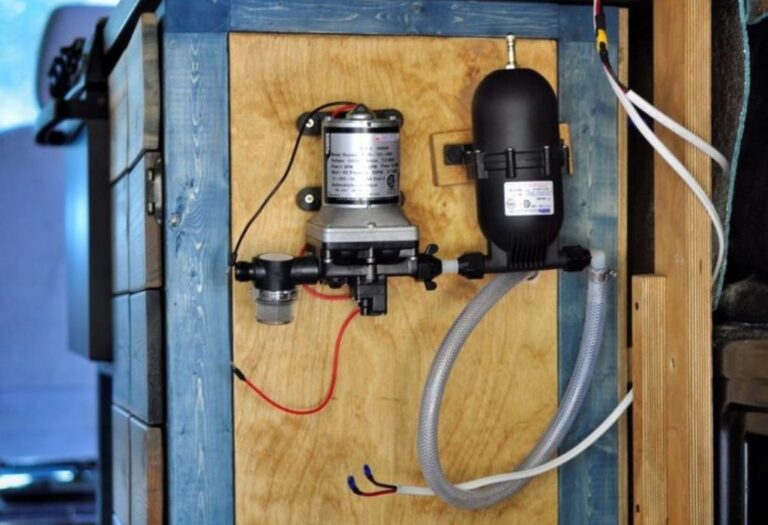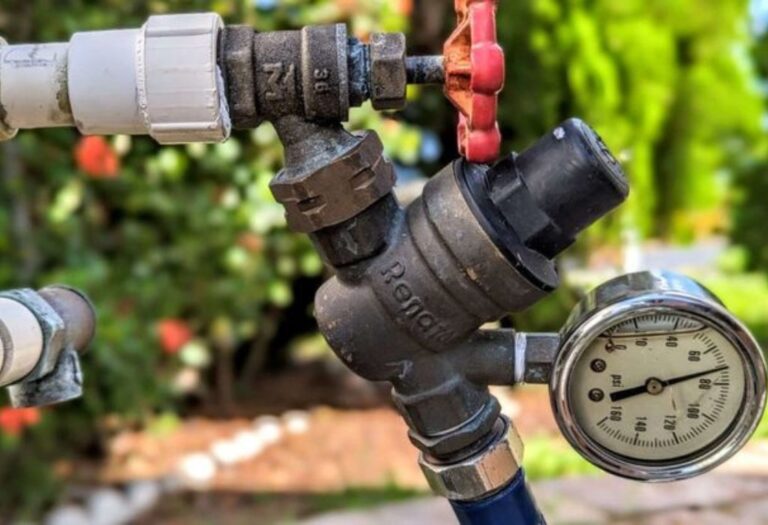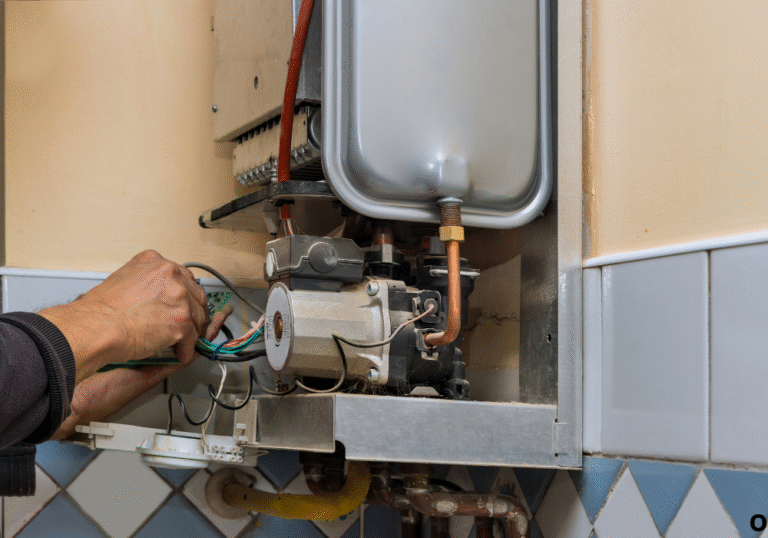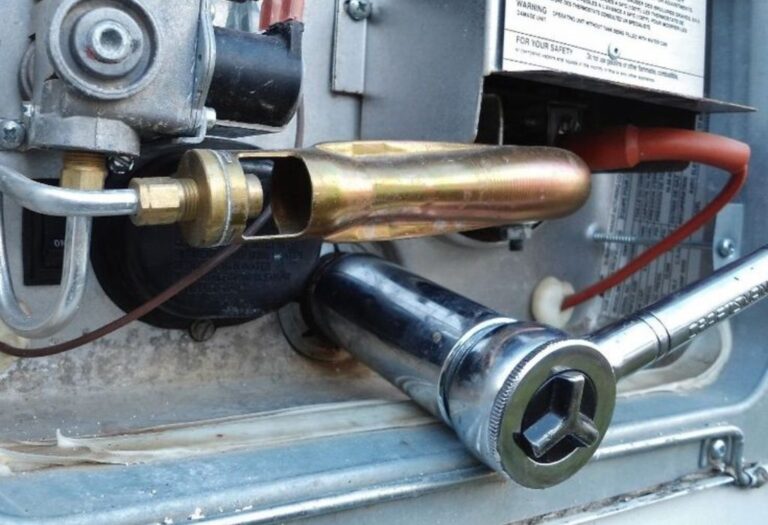6 Volt vs 12 Volt RV Batteries: Which One Is Better for Your Camper?
When it comes to powering your RV off-grid, the type of battery you choose plays a huge role in how long you can stay out in the wild. RVers often debate: Are 6 volt batteries better than 12 volt batteries for RV use?
The answer isn’t as simple as picking one over the other. Both 6 volt and 12 volt batteries have their unique advantages, and the best choice depends on your camping style, budget, and power needs. In this guide, we’ll compare them in detail—covering lifespan, performance, cost, maintenance, and real-world use cases—so you can make the best decision for your RV setup.
1. Understanding the Basics of RV Batteries
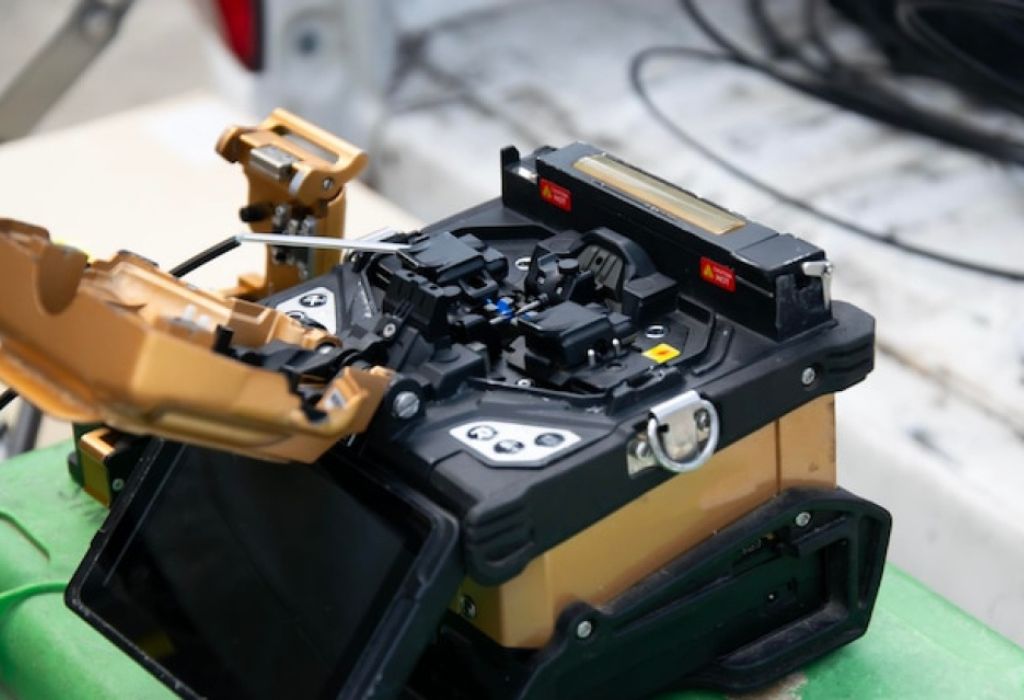
Before comparing, let’s get the basics clear.
- RVs typically use deep-cycle batteries for house power. These are different from the chassis battery (which starts the engine).
- Deep-cycle batteries are designed to provide a steady stream of power over time, perfect for running lights, appliances, and electronics when off-grid.
- Both 6 volt and 12 volt batteries can be used in RVs, but they’re wired differently to achieve the needed system voltage.
2. What Is a 6 Volt RV Battery?
- A 6 volt battery provides 6 volts of power per unit.
- To use them in an RV system, you need to connect two 6 volt batteries in series (positive to negative) to create a 12 volt output.
- These are popular among serious RVers and boondockers because they often last longer and provide deeper cycles.
Key Features of 6 Volt Batteries:
- Larger, heavier, and usually built with thicker lead plates.
- Provide deep discharges without damage.
- Commonly used in golf carts and then adapted for RV use.
3. What Is a 12 Volt RV Battery?
- A 12 volt battery provides 12 volts of power on its own.
- They can be used individually or wired in parallel (positive to positive, negative to negative) for greater capacity.
- Widely available, affordable, and simpler to set up compared to 6 volt options.
Key Features of 12 Volt Batteries:
- Easy to find at auto shops, RV supply stores, or big-box retailers.
- Smaller and lighter than 6 volt batteries.
- Offer convenience for casual RV users and weekend campers.
4. Key Differences Between 6 Volt and 12 Volt RV Batteries
1. Battery Life and Durability
- 6 Volt: Typically last longer (up to 6–8 years with proper care). Built tougher for deeper discharge cycles.
- 12 Volt: Average lifespan is 3–5 years. Not as durable under repeated deep discharges.
2. Capacity and Performance
- 6 Volt: Higher amp-hour (Ah) capacity. A pair of 6V batteries usually stores more energy than a single 12V battery.
- 12 Volt: Lower Ah capacity compared to 6V, meaning less runtime before recharge.
3. Weight and Size
- 6 Volt: Heavier and bulkier. May require more space in the battery compartment.
- 12 Volt: Smaller and lighter, easier to handle.
4. Cost
- 6 Volt: More expensive upfront but offer longer lifespan.
- 12 Volt: Cheaper to buy, but you may replace them more often.
5. Maintenance
- 6 Volt: Often require regular maintenance (if lead-acid type).
- 12 Volt: Available in AGM and sealed types that are maintenance-free.
5. Pros and Cons of 6 Volt Batteries for RVs
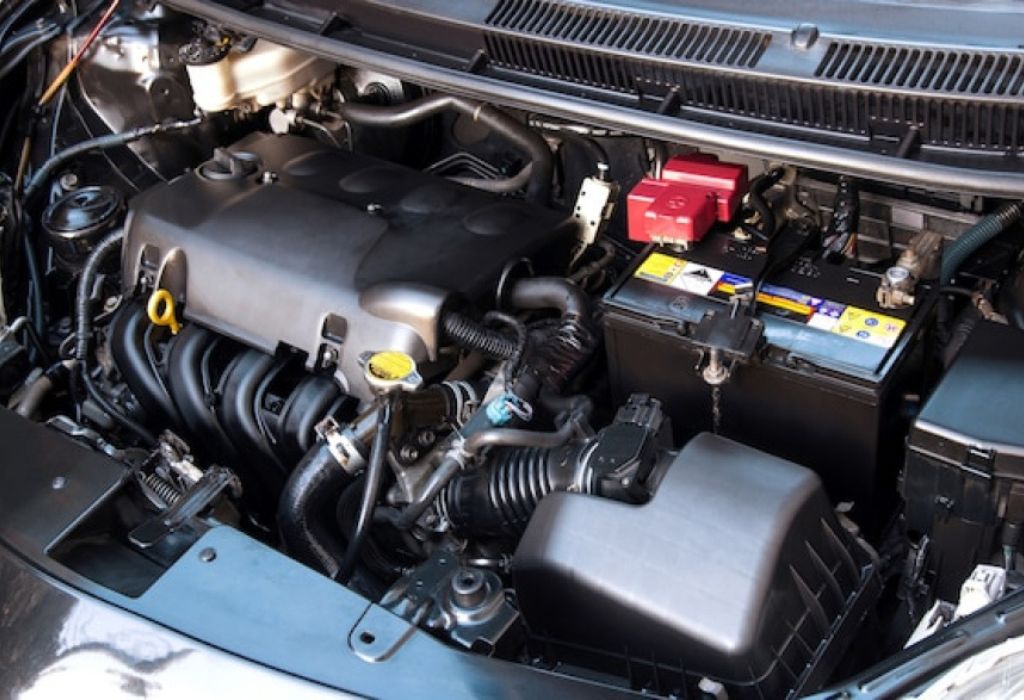
Pros:
- Longer lifespan with proper maintenance.
- Can handle deep discharge cycles without significant damage.
- Higher energy capacity when paired in series.
- Great for long-term boondocking and heavy RV use.
Cons:
- More expensive upfront.
- Heavier and larger—may not fit all RVs.
- Require at least two to work in RV house systems.
6. Pros and Cons of 12 Volt Batteries for RVs
Pros:
- Easy to find and replace almost anywhere.
- Cheaper upfront cost.
- Can be used alone without pairing.
- Great for weekend campers or light RV use.
Cons:
- Shorter lifespan compared to 6 volt.
- Less efficient under deep discharge cycles.
- Lower overall capacity per battery.
7. Real-World Runtime Comparison
Let’s compare how long different setups might last powering a standard RV fridge, lights, and water pump.
- Two 6 Volt Batteries in Series (≈ 220Ah total)
- Runtime: 2–3 days of moderate use before recharge.
- One 12 Volt Battery (≈ 100Ah usable)
- Runtime: Less than 1 day with moderate use.
- Two 12 Volt Batteries in Parallel (≈ 200Ah total)
- Runtime: 1.5–2 days of moderate use.
Clearly, 6 volt setups tend to last longer under similar conditions.
8. Which RVers Benefit Most from 6 Volt Batteries?
- Full-Time RVers – If you live in your RV year-round, the long lifespan of 6V batteries pays off.
- Boondockers – Those who camp without hookups will benefit from their deep-cycle durability.
- Heavy Power Users – Running appliances, fridges, and entertainment systems off-grid.
9. Which RVers Should Choose 12 Volt Batteries?
- Weekend Campers – If you only go out occasionally, 12V batteries are convenient and affordable.
- Light Power Needs – Great if you mostly rely on shore power and need minimal battery backup.
- Budget-Conscious Buyers – Cheaper upfront and widely available.
10. Tips to Maximize Battery Life (Both 6V and 12V)
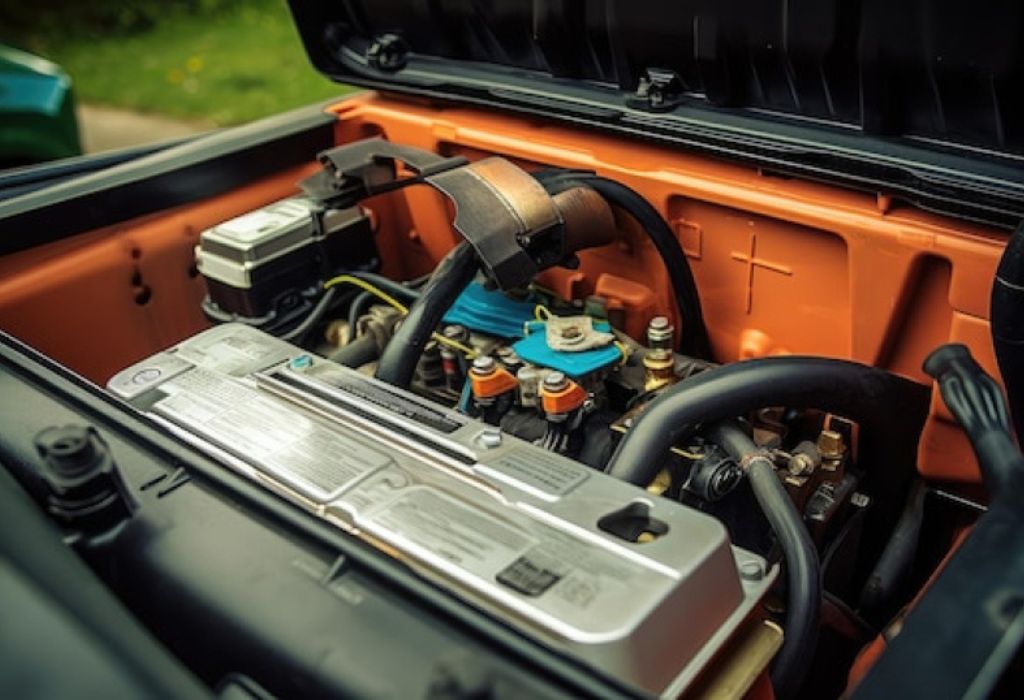
- Avoid discharging batteries below 50% (unless lithium).
- Keep terminals clean and free of corrosion.
- Recharge fully after each trip.
- Store batteries in a cool, dry place when not in use.
- Consider upgrading to lithium for longer life and better performance.
11. FAQs
Q1: Can I mix 6 volt and 12 volt batteries in my RV?
No, mixing is not recommended. Always use matching batteries in type, age, and capacity.
Q2: Do I need special equipment for 6 volt batteries?
Not really. You just need to wire two in series to reach 12 volts.
Q3: Are 6 volt batteries worth the higher cost?
Yes, if you camp often or live in your RV full-time. The longer lifespan offsets the upfront cost.
Q4: Do 12 volt batteries charge faster than 6 volt?
Not necessarily. Charging speed depends more on your charger and battery bank size than the voltage type.
12. Conclusion
So, are 6 volt batteries better for RV use? The answer depends on your camping lifestyle.
- If you’re a full-time RVer, boondocker, or heavy power user, 6 volt batteries are a strong investment. They last longer, handle deeper discharges, and provide better capacity.
- If you’re a casual or weekend camper, 12 volt batteries may be a more affordable and convenient choice.
In the end, both options work for RV life. The best choice is the one that matches your power needs, budget, and travel style.
I’m David R. Coleman, the founder, lead writer, and lifelong tool enthusiast behind GarageToolPro.com. With years of experience in automotive repair, woodworking, and home DIY projects, I created this platform to share practical tips, detailed tool reviews, and step-by-step guides that help mechanics, hobbyists, and homeowners get the job done right the first time.

